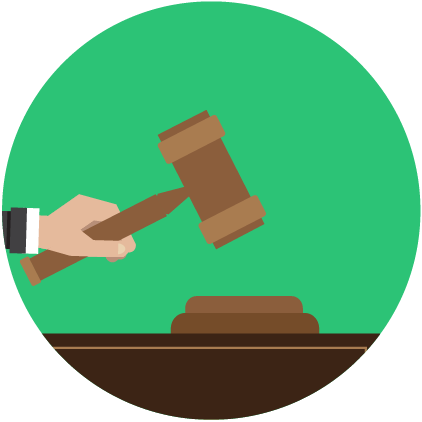Application of the principles
11.
Right To Due Process

Everyone has the right to due process in relation to any legal claims or violations of the law regarding the Internet.
Standards of liability, including defenses in civil or criminal cases, should take into account the overall public interest in protecting both the expression and the forum in which it is made; for example, the fact that the Internet operates as a sphere for public expression and dialogue.
Application:
States must respect the right of every individual to equal protection under the law. This means that no one can be arbitrarily detained or punished for any action, including in relation to any legal claims or violations of the law regarding the Internet. Protection of this right requires entitlement to a fair and public hearing within a reasonable time by an independent, competent and impartial tribunal established by law. The court concerned should ensure that adequate relief is possible when dealing with a matter.
Jurisdiction in legal cases relating to Internet content should be restricted to States to which those cases have a real and substantial connection, normally because the author is established there, the content is uploaded there and/or the content is specifically directed at that State. Private parties should only be able to bring a case in a given jurisdiction where they can establish that they have suffered substantial harm in that jurisdiction.
For content that was uploaded in substantially the same form and at the same place, limitation periods for bringing legal cases should start to run from the first time the content was uploaded and only one action for damages should be allowed to be brought in respect of that content, where appropriate by allowing for damages suffered in all jurisdictions to be recovered at one time (the ‘single publication’ rule).